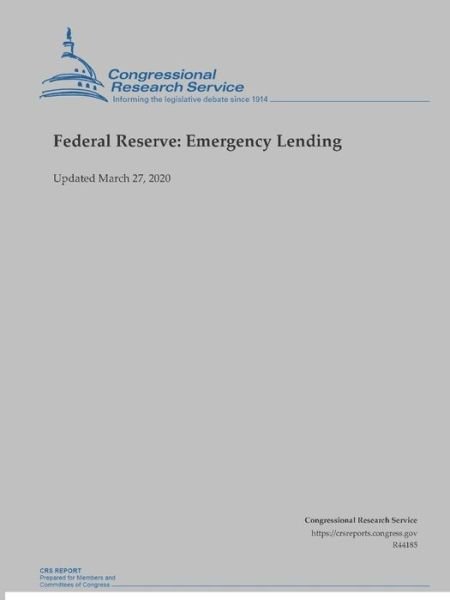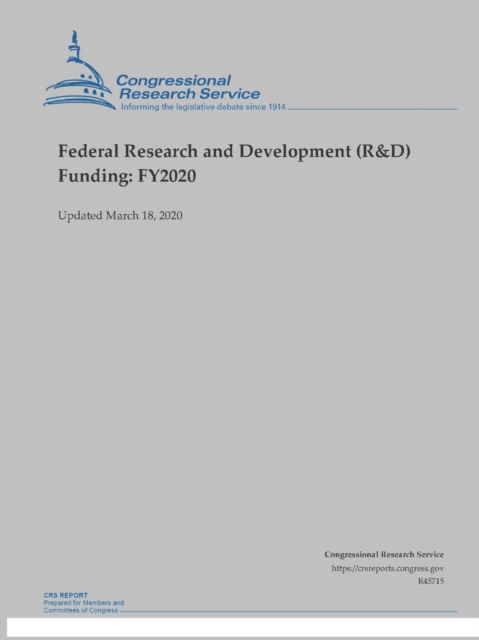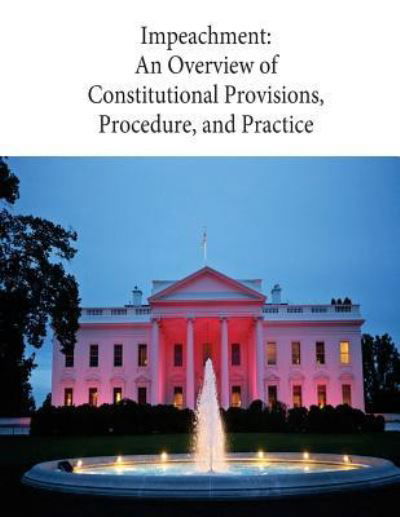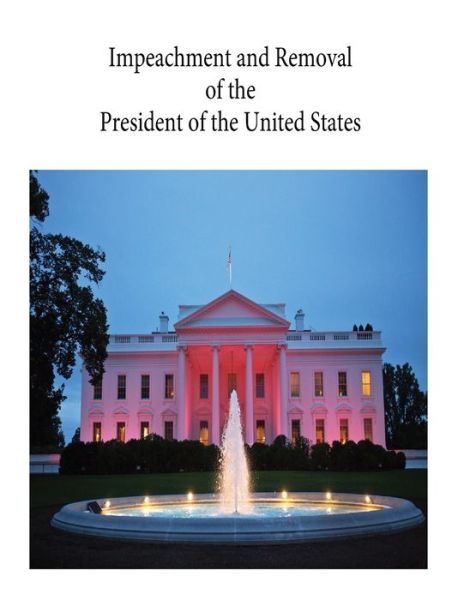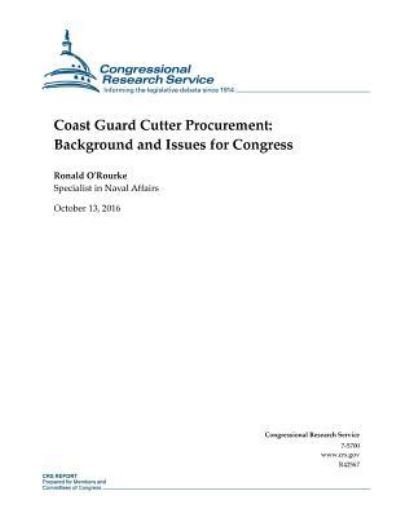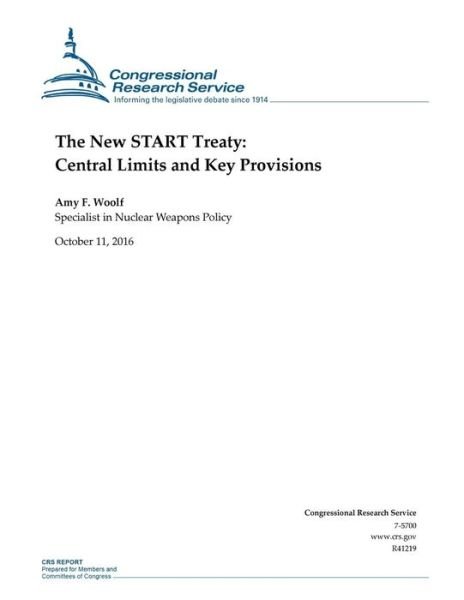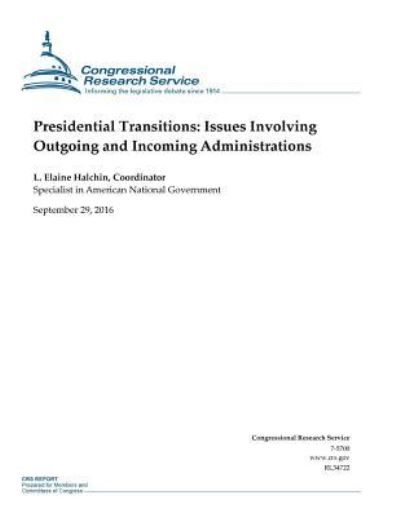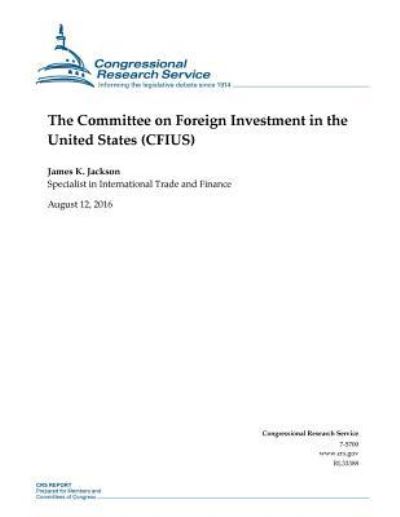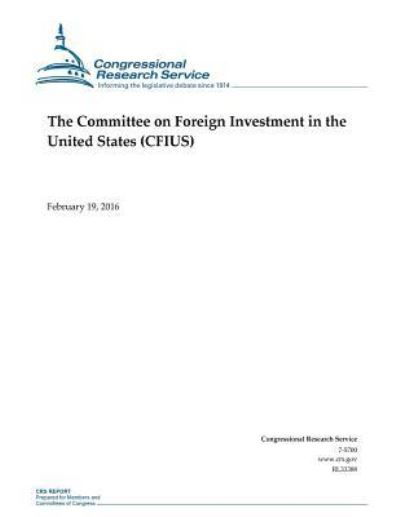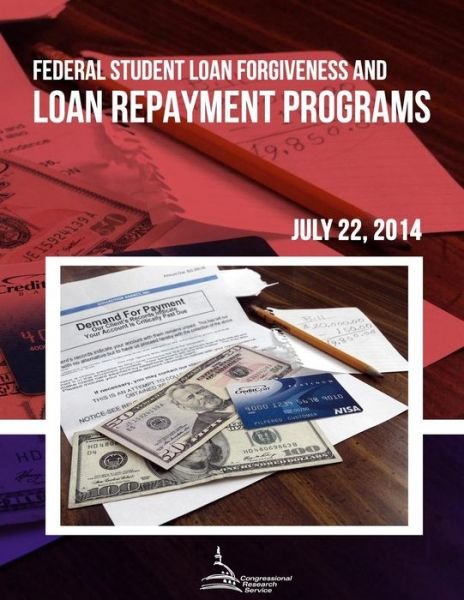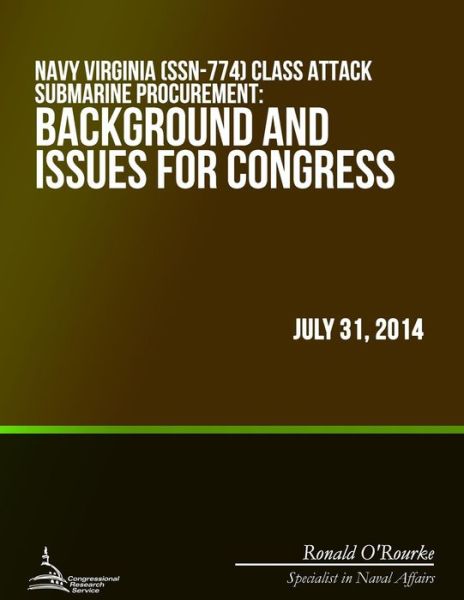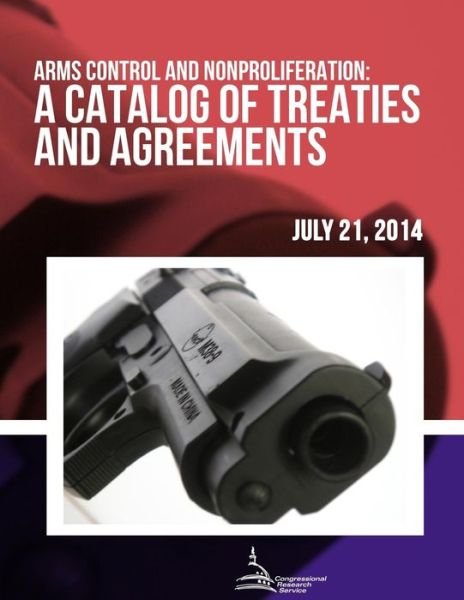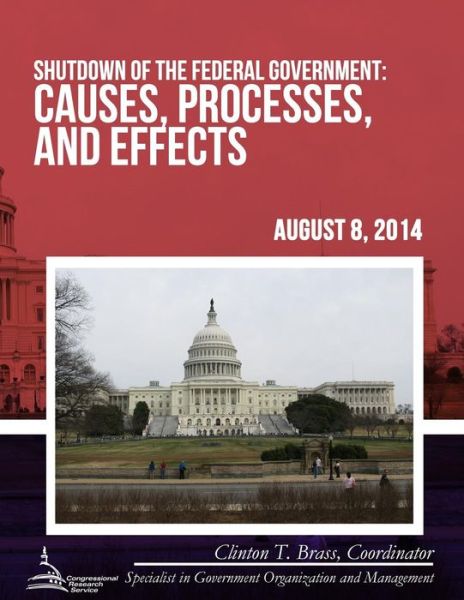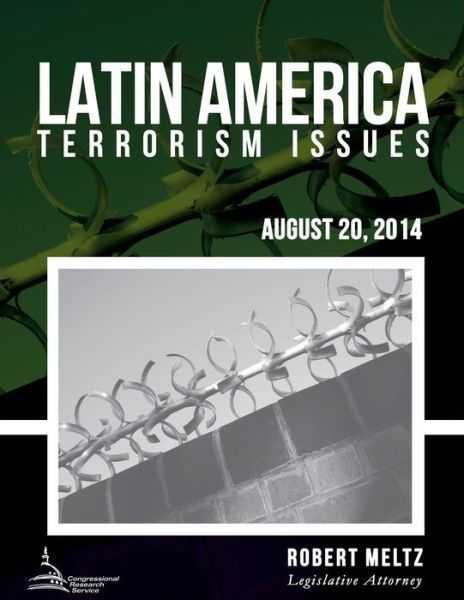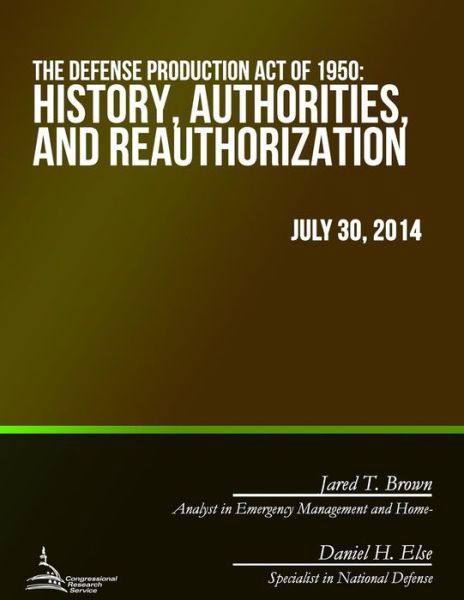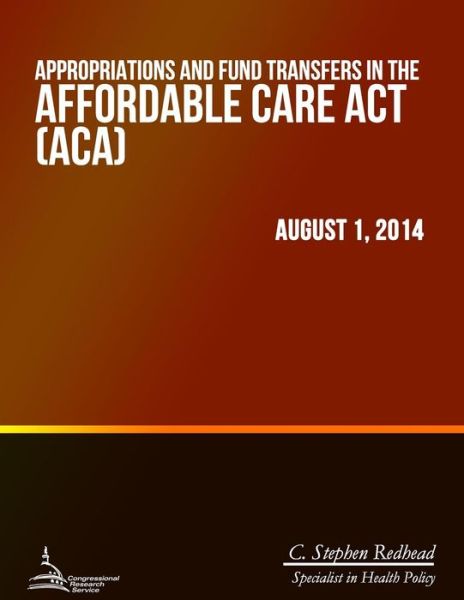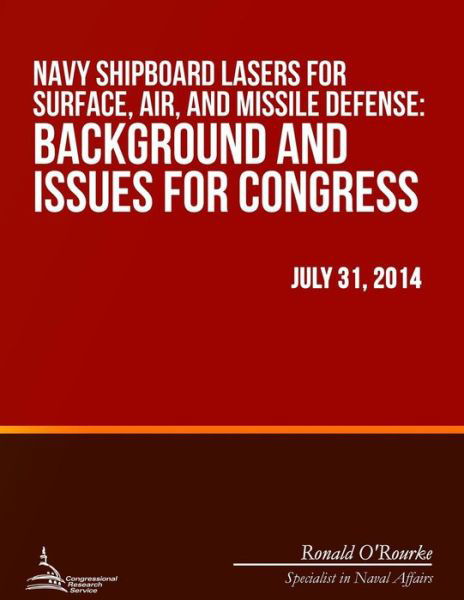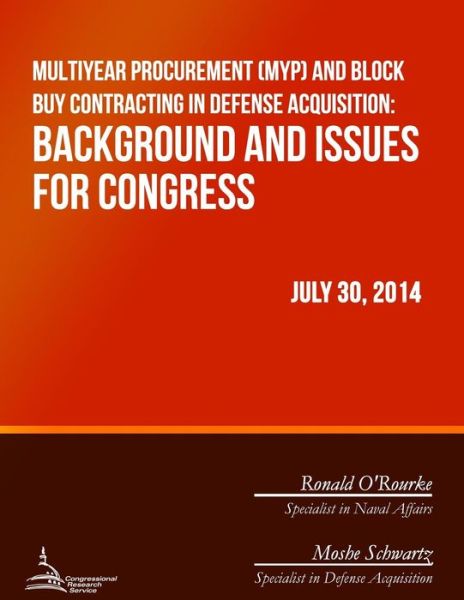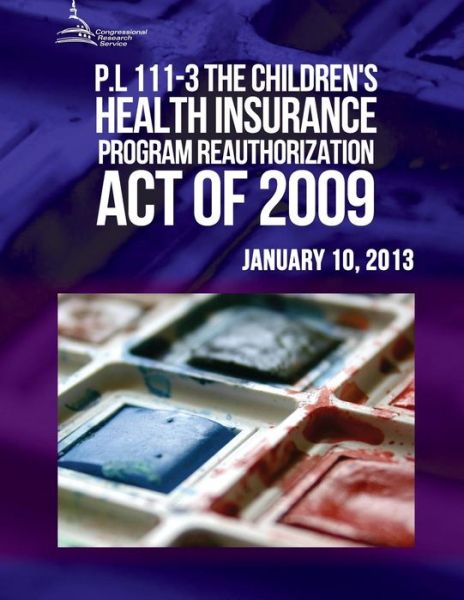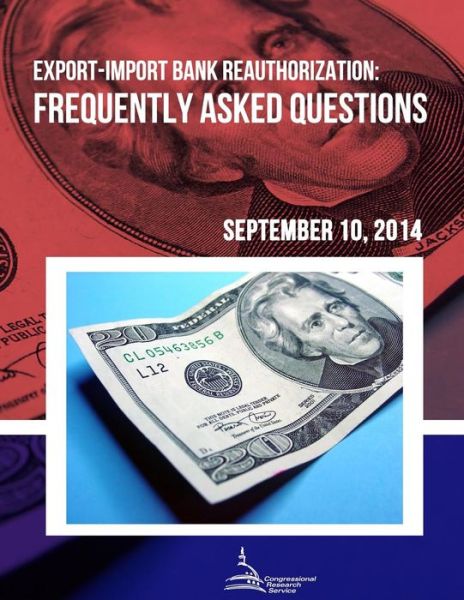
Tell your friends about this item:
Budget Enforcement Procedures
Congressional Research Service
Budget Enforcement Procedures
Congressional Research Service
The Senate pay-as-you-go, or PAYGO, rule generally requires that any legislation projected to increase direct spending or reduce revenues must also include equivalent amounts of direct spending cuts, revenue increases, or a combination of the two so that the legislation does not increase the on-budget deficit in the current fiscal year, the budget year, a six-year period, or an 11-year period (the latter two periods beginning with the current fiscal year). Without such offsetting provisions, the legislation would require the support of at least 60 Senators to waive the rule and be considered on the Senate floor. The Senate PAYGO rule does not apply to direct spending or revenues generated under existing law; it applies only to legislation considered by the Senate. Consequently, direct spending may increase and revenues may decline in any fiscal year due to factors beyond the control of the PAYGO rule. The Senate first established the PAYGO rule in the FY1994 budget resolution in 1993. As originally established, the rule prohibited the consideration of any direct spending and revenue legislation that was projected to increase the deficit over a 10-year period. The Senate has modified and extended the rule seven times in subsequent budget resolutions and once in a Senate simple resolution. Most recently, in the FY2018 budget resolution, the Senate modified the rule to add two additional periods (the current fiscal year and the budget year) to the existing periods (the six-year and 11-year periods) for which legislation may not increase the projected on-budget deficit. During the period between 1993, when the Senate PAYGO rule was established, and the end of the first session of the 115th Congress, the PAYGO rule was used to prevent the consideration of 44 amendments. During the same period, the Senate voted to waive the PAYGO rule 14 times: five times in relation to a measure, seven times in relation to an amendment, and twice in relation to the disposition of a House amendment. This report was first issued in 2003 and has been updated periodically since then. This update includes the most recent changes to the rule, adds information on points of order raised under the rule since 2015, and replaces the August 4, 2015, version.
| Media | Books Paperback Book (Book with soft cover and glued back) |
| Released | January 26, 2018 |
| ISBN13 | 9781984207876 |
| Publishers | Createspace Independent Publishing Platf |
| Pages | 28 |
| Dimensions | 216 × 280 × 2 mm · 90 g |
| Language | English |
More by Congressional Research Service
See all of Congressional Research Service ( e.g. Paperback Book and Book )

 Christmas presents can be returned until 31 January
Christmas presents can be returned until 31 January


